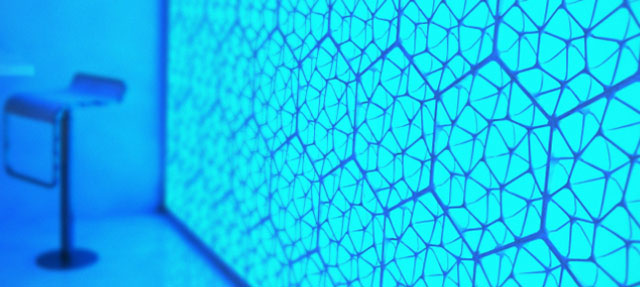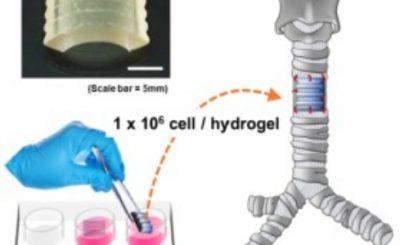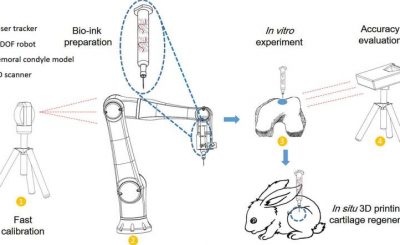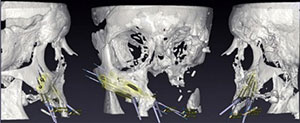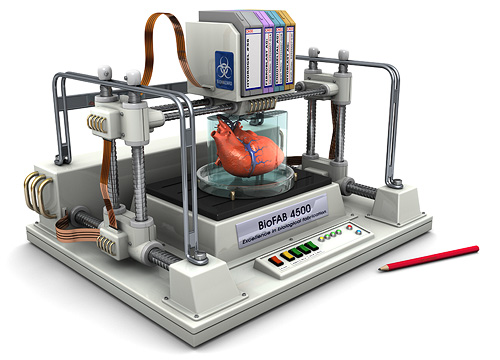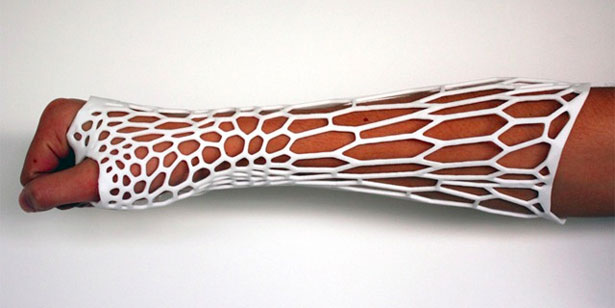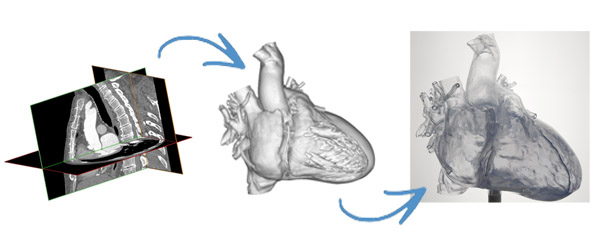The majority of adaptive sports programs are non-profit organizations, making it difficult for them to afford to purchase high-cost equipment for sports participants with disabilities. Also, several adaptive sports equipment items need to be custom fitted to the participant, making it impossible to recycle equipment from one participant to the next. Because of this, participants generally use their own money to buy the necessary equipment to allow them to participate in sports, as medical insurance rarely covers these types of items.
To understand how 3D printing might increase access to such specialty sports equipment, the 
The Anderson Strategy Group is a student-run organization at the UCLA Anderson School of Management that focuses on developing strategic solutions to business problems. The group conducted over 1,000 hours of research and interviews stakeholders across 21 countries to get a good idea of the global challenge of high cost adaptive sports equipment and how 3D printing might make a big difference in making sports participation accessible for people with disabilities. Some examples of the adaptive sports equipment included in this study are wheelchairs for basketball, tennis and racing, mono/sit-skis, handcycles and a range of active-use prosthetics. Consumer and cost analysis were conducted that focused on 3D printing companies, adaptive sports equipment manufacturers and athletes with a wide range of physical disabilities.

The group’s study, conducted with the help of social issue-focused sports marketing consultancy Sports and Social Change, offers some interesting observations:
• For most people with physical disabilities, the biggest obstacle for participating in adaptive sports is the cost of the adaptable sports equipment.
• 3D printing has offered several lower-cost solutions for amputees through its ability to print entire prosthetic sockets using polymer material at a very low cost.
• The availability of open source 3D printing design and models could significantly affect the adaptive sports equipment market, making low-cost adaptive sports equipment alternatives widely available to people with disabilities.
On Friday, June 19th, the study will be presented at the Angel City Games at Drake Stadium on the UCLA campus. The Angel City Games will feature track and field events for kids, adults and elite athletes with physical disabilities. The presentation of the study and the Angel City Games are free and open to the public. For more information on attending Friday’s presentation contact Howard Brodwin at [email protected]3D printed custom prosthetic for disabled athlete
